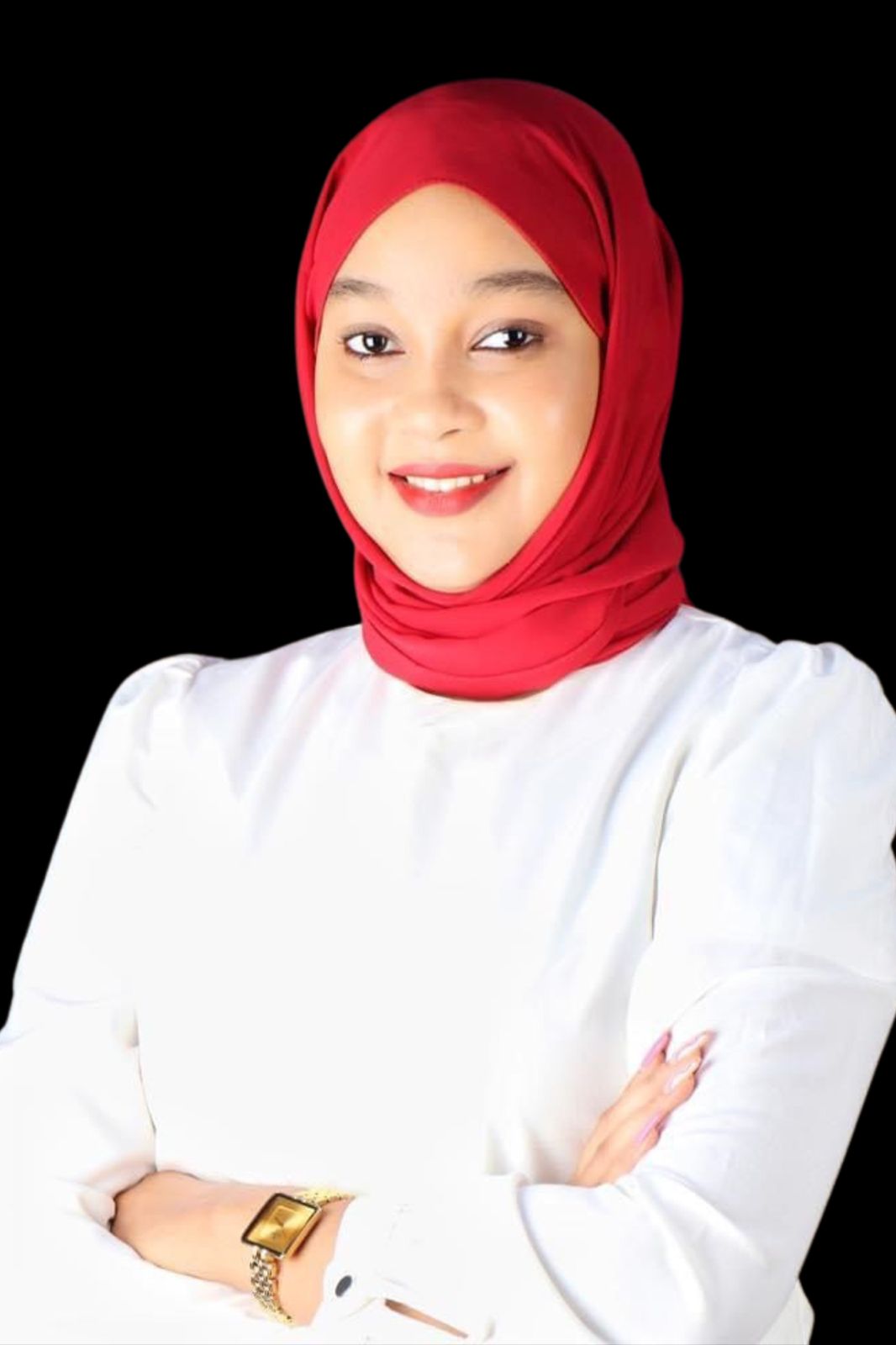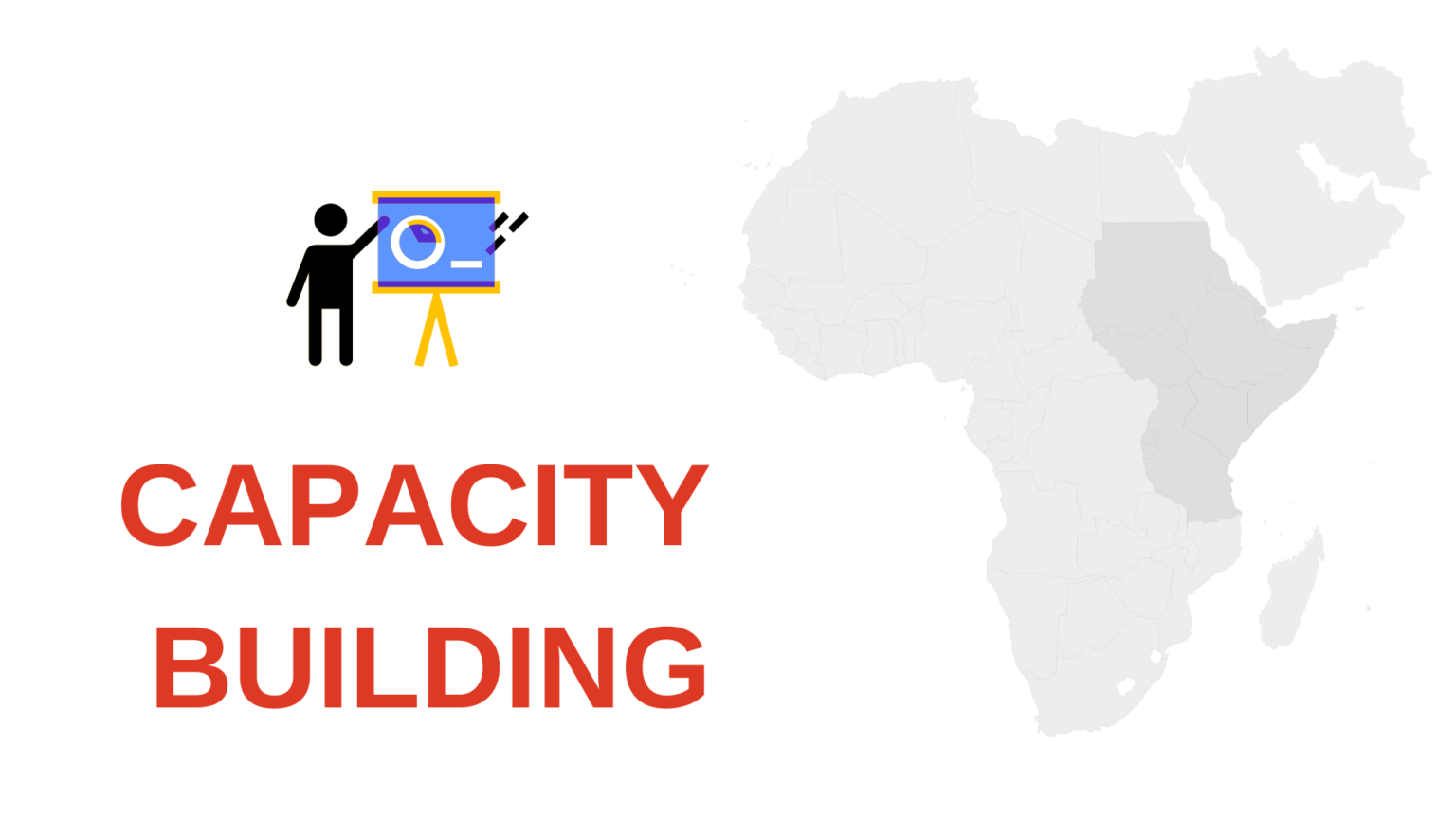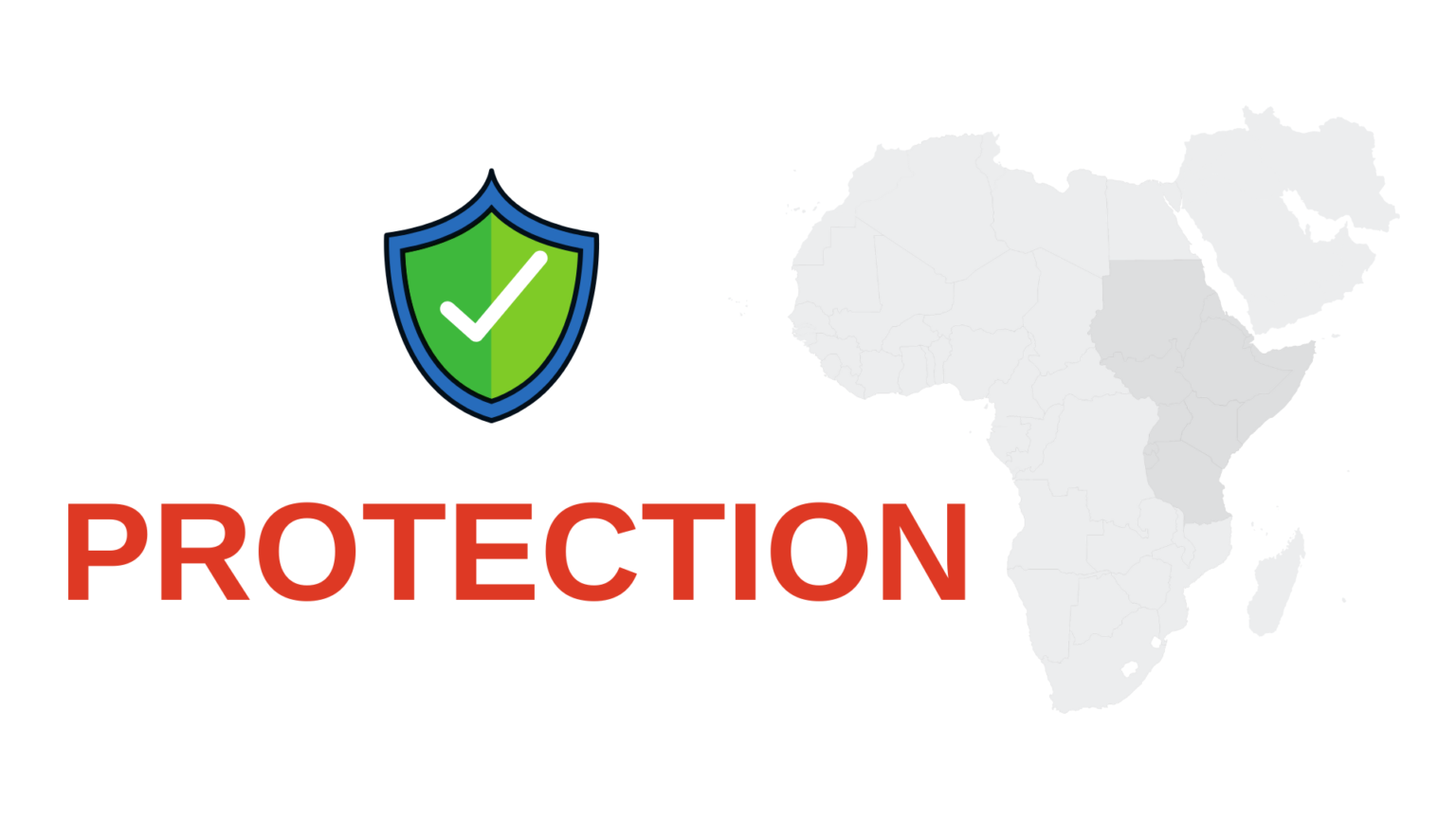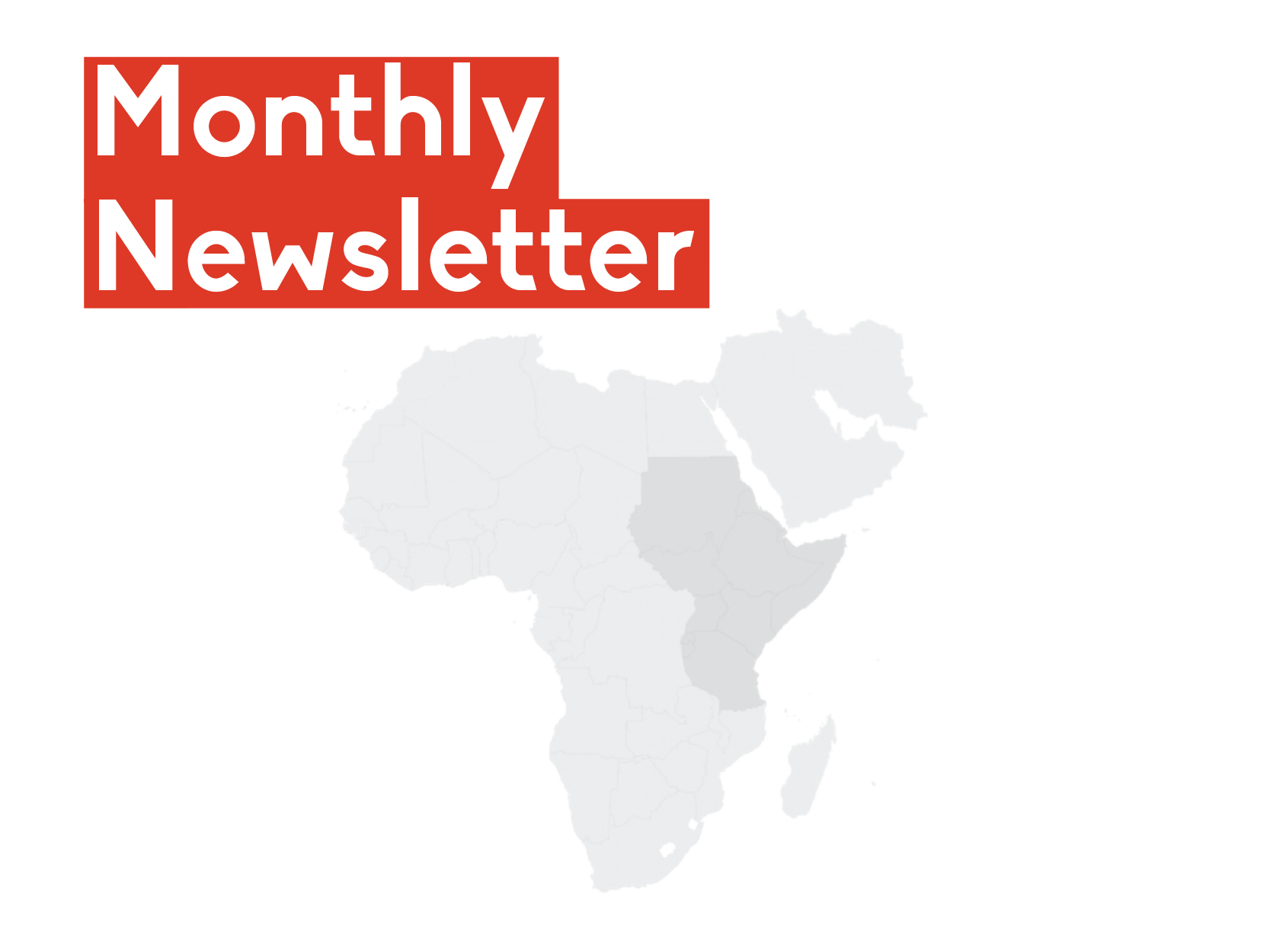Hello Friends,
Since 2007, DefendDefenders has been supporting the establishment of national coalitions of human rights defenders (HRDs) to coordinate protection, cooperation and collaboration of HRDs at national level. The first national coalition to be established then was Defenders Coalition Kenya followed by 21 others over the years. Against this background, In August 2024, efforts were channeled into strengthening Sudan Defenders and the Somali National Coalition of Human Rights Defenders (SNCHRD).
The Somali National Coalition of Human Rights Defenders was established on 20 August 2015. For nine years, the coalition has served as a platform to strengthen the capacity of HRDs in Somalia to advocate for a more conducive legal and policy environment within Somalia.
However, over the years, ongoing conflict, violence, insecurity, and a shrinking civic space have led to a decline in the coalition’s activities. A reawakening of the coalition’s work is now essential to address the alarming humanitarian situation and widespread human rights violations in Somalia. Today, there is a pressing need to reinforce the national coalition’s efforts, as intimidation and threats against dissenting voices continue to rise. Freedom of the press remains severely restricted, with journalists and critics facing harassment, arrests, and intimidation, particularly when reporting on sensitive topics.
In August, DefendDefenders organised a four-day capacity-building session to revive the coalition’s momentum, reignite its passion, equip members with valuable skills, and renew determination to tackle emerging challenges. I am hopeful that these efforts will revitalise the coalition’s work and help it achieve its mandate.
Meanwhile, the ongoing war in Sudan, now lasting 16 months, frustrated the plans of a physical office in Sudan. On the first day of the war in April 2023, Sudan Defenders’ offices in Khartoum were bombed and it became impossible to operate inside the country. Despite this challenge, Sudan Defenders, launched their offices at the Human Rights House in Kampala, Uganda. The existence of this coalition ensures critical support to Sudanese HRDs several of whom are exiled in Uganda. I beam with pride at their growth and resilience.
Lastly, I extend gratitude to all partners who ensure the safety and effectiveness of HRDs and thank all development partners who relentlessly support the promotion and protection of HRDs across the African continent. DefendDefenders remains fully committed to its mission to enhance the safety and capacities of HRDs in the region for greater resilience and effective fulfilment of their mandates.
I invite you to turn the pages.
Hassan Shire,
Executive Director, DefendDefenders
Chairperson, AfricanDefenders
Human Rights Defender of the Month:Iman Ahmed Abdikarin

Iman Ahmed Abdikarin was born in Italy on 12 May 1997 and returned to Mogadishu, Somalia in 1999. However, the situation in Mogadishu at the time was dire due to the chaos and violence that had plagued the country since the collapse of its central government in 1991. The civil war, which began with the ousting of President Siad Barre, created a power vacuum and intense clan-based warfare. The country was divided into various fiefdoms controlled by warlords, with no effective central authority to govern. Civilians, like Iman and her mother, faced constant threats to their safety, including bombings, gunfights, and looting.
Updates from DefendDefenders

From 1- 2 August 2024, DefendDefenders together with Democracy International (DI) conducted a SAFETAG Fixup Support at Rights4Her and Rella Women Foundation Offices. The objective was to provide interventional support to rectify risks and loopholes in the digital infrastructure set up of the organization to alleviate cyber security threats.
On 5 August 2024, AfricanDefenders/ DefendDefenders hosted its partner under the Save the Children SIDA-CSO strengthening project to undertake a one-day training and support visit on the integration of Gender Transformative Approaches (GTA). The visit’s purpose was to identify and assess the challenges and gaps in mainstreaming GTA within the organization and its work. Sonke Gender Justice were satisfied with the initiatives, policies and strategies promoting gender equality in the organization.
From the 5 – 9 August 2024, DefendDefenders organised a security management training for 10 (female-3, Male- 7) participants from the Karamoja region. The participants were trained in Physical and digital security in Moroto District. The training focused on enhancing knowledge and skills in physical and digital security management, as well as developing comprehensive organizational security plans.
From 12 – 14 August 2024, DefendDefenders carried out a Ttaala training in Kigali, Rwanda. This three-day training program was designed to address the significant challenges HRDs in Burundi faced in effectively communicating their messages, engaging with media, and producing evidence for advocacy. With the rapid evolution of digital communication tools and platforms, the training provided 13 HRDs (5 females, 8 males) with the necessary skills and knowledge to navigate these tools effectively.
From 12 -15 August 2024, DefendDefenders, organised a digital security training for 7 women human rights defenders working with the Coalition in Bagamoye at Stella Maris Hotel. The training aimed to enhance participants’ awareness of digital security risks, build practical skills in using protective tools, foster resilience in safeguarding data and communications, promote best practices for organisational digital hygiene, and facilitate collaboration through knowledge-sharing to address digital threats collectively.
From 12–15 August 2024, DefendDefenders conducted a Digital Security Training in Mogadishu, Somalia, with 10 participants (7 male, 3 female). The objectives were to equip HRDs in Somalia and their organisations with holistic security management skills to effectively respond to and mitigate the risks and threats they face while conducting human rights work, and to strengthen the institutional and technical capacity of NCHRD-S to effectively deliver on its mandate.
On 15 August 2024, DefendDefenders conducted a Wellbeing training for 13 (9 male, 4 female) Burundian HRDs in Kigali, Rwanda. The training was intended to enhance wellbeing for partner organisations through sharing basic knowledge and skills in self-care and stress management. Burundian HRDs are operating in a challenging context, they are prone to experiencing burnout, post-traumatic stress disorder, anxiety, and depression, among other mental health problems. The wellbeing session took a mostly question and answer approach covering content around the major mental health concerns that the participants raised. This included breaking down the concept of wellbeing and selfcare, how to prevent stress from escalating to extreme levels, its symptoms, and how to manage it. At the end of the training participants concluded that they needed to come up with a mental health advocacy campaign to destigmatize mental health among Burundians.
From 18–24 August 2024, DefendDefenders conducted a Digital Security Audit for the Dialogue and Research Institute (DRI) in Juba, South Sudan. The primary objective was to strengthen the organisational and technical capacity of individual HRDs and the organisation, enabling them to effectively mitigate security risks and threats to sustain their operations.
From 19 – 23 August 2024, DefendDefenders held a security management training for HRDs working in the Albertine region. Ten participants (7 males and 3 females) represented seven organizations. The training led to the development of seven organisational security and safety plans to support their operations in the Albertine region. DefendDefenders provided laptops and internet routers to help some participants to implement their security plans and start their human rights documentation projects.
From 19–23 August 2024, DefendDefenders conducted an advocacy training in Gulu, Uganda. The training was attended by 11 participants (3 male and 8 female) from Eastern, Northern, and North-Eastern Uganda (Karamoja sub-region), the Albertine region, and the Rwenzori region. Participants were equipped with knowledge in advocacy, regional and international mechanisms, research, messaging, and content creation.
From 21–23 August 2024, DefendDefenders conducted an online training workshop on combatting misinformation and disinformation in today’s digital age, with 13 participants (10 female, 3 male). The objective was to enhance the capacity of organisations and individual HRDs in identifying, responding to, and addressing cases of misinformation in the digital era.
From 22 – 23 August 2024, DefendDefenders conducted digital security training for 19(10 male and 9 female) PAX partners in South Sudan at the PAX office in Juba to enhance digital security awareness and improve resilience against digital attacks.
From 28–29 August 2024, DefendDefenders conducted a SAFETAG Audit at the Network of Public Interest Lawyers (NETPIL) office in Kikono, Kampala, Uganda. The objectives were to identify existing digital security vulnerabilities in the organisation’s IT and digital infrastructure and practices, assess the risk levels associated with these vulnerabilities, and provide remediation solutions to mitigate them.
The OHCHR Sudan conducted a holistic safety training for the members of the Sudan Human Rights Defenders Coalition (SudanDefenders), the training brought 19 exiled Sudanese HRDs in Uganda (6 male, 13 female). The training facilitated by DefendDefenders covered physical, digital, and well-being safety and security. Participants were equipped with basic knowledge and tools to enhance their safety and security.
In August 2024, DefendDefenders supported the Exile Human Rights Defenders Working Group in strengthening its operations by developing a member database. At least 64 (30 male, 34 female) members were registered from five countries, with Sudan having the largest representation. The team also facilitated the handover of equipment and social media accounts from the old committee to the new one and assisted in developing a work plan and rebranding the group’s logo, which is awaiting final approval.

From 1 – 3 August, AfricanDefenders attended the second annual activist Symposium at Wits University in Johannesburg, South Africa The event, hosted by Wits University’s Centre for Applied Legal Studies (CALS) and the Right to Protest Project (R2P), focused on the theme of “Building Towards Transnational Solidarity Against Repression in Africa.” The symposium analysed the increasing repression of activism in Africa and shared strategies, networks, and tools to combat repression and promote human rights. The event included discussions on tools developed during the previous symposium, such as the Anti-Strategic Litigation Against Public Participation (SLAPP) toolkit. The symposium also saw the launch of an anti-repression toolkit and a model law protecting against SLAPPs.
From 12-15 August 2024, DefendDefenders convened a four-day workshop to revitalize the National Coalition of Human Rights Defenders-Somalia. The workshop analysed the current trends prevailing in Somalia to strengthen technical and organizational capacity, including revamping the coalition’s plan of action and governance structures. The workshop included a two -day session on coalition building to build the capacity of members in strategic planning, collaborative advocacy, and effective governance, ensuring the coalition is well-positioned to address emerging challenges and enhance its impact.
From 15-17 August 2024, theDefendDefenders protection team attended a roundtable meeting on the status of Sudanese civil society organisations and potential opportunities to collaborate to address the Sudan crisis. The meeting was organized by Development Hub and Freedom House in Kampala, Uganda.
On 23 August 2024, African Defenders hosted a virtual consultation with the Chairperson of the African Commission on Human and Peoples’ Rights (ACHPR) Prof. Remy Ngou Lumbu and Kenyan Civil Society Organisations (CSOs). The discussion focused on the challenging operating environment particularly following the recent protests and subsequent repression. The CSOs highlighted various concerns and shared recommendations to the Commission regarding the state’s response to the protests. The Chairperson requested that the concerns be documented and shared with his office for dissemination to relevant Commission mechanisms.
From 27 – 30 August 2024 DefendDefenders participated in a training workshop organised by Regional Psychosocial Support Initiative (REPSSI) in Johannesburg. The workshop targeted staff members/officers from regional CSOs and REPSSI who are directly involved in providing technical support to the implementation of the Save the Children – SIDA funded CSO Capacity Strengthening Programme. Participants were introduced to the concept of MHPSS advocacy, and trained in MHPSS advocacy planning, advocacy methods and skills. Participants were tasked with drafting a mental health advocacy plan for their organization, which was peer reviewed by fellow participants.

From 1st August to 31st August 2024, DefendDefenders received and handled a total of 133 requests under the emergency protection program. 29 (22%) requests were approved, 14 male, 11 female, 1 organisation, and 3 from others. Majority of the requests were from Uganda (11 requests) and Sudan (11 requests), Somalia (6 requests), Rwanda (1 request). A total of 151 individuals (90 male, 34 female, 27 undisclosed gender) indirectly benefited from the program.
76 (57%) requests were rejected due to organizational mandate limitations, verification concerns and other related reasons. 13 (9%) requests were referred to other protection service providers and related stakeholders. 1 (1%) request was withdrawn by the HRD after he received support from other protection service providers. 14 (11%) requests are under verification and assessment process.
Country Updates:
BURUNDI
The civic space in Burundi remains repressed. An August 2024 briefing by Amnesty International, titled Burundi: Rhetoric versus Reality – Repression of Civil Society Continues Under President Ndayishimiye’s Government, details severe restrictions faced by members of Burundian civil society over the past four years. Under President Evariste Ndayishimiye’s administration, HRDs, activists, journalists, and members of the political opposition continue to experience intimidation, harassment, arbitrary arrests, detention, and unfair prosecution. The report also offers recommendations for improving the situation before, during, and after the 2025 elections, concluding that “the ongoing wave of repression has dashed hopes for a meaningful change in the government’s approach toward civil society.”
On August 14, 2024, Burundian journalist Floriane Irangabiye received a presidential pardon from President Ndayishimiye, securing her release after 18 months in prison. Irangabiye was serving a 10-year sentence for “threatening the integrity of the national territory,” related to comments made on an online radio show in August 2022. Her colleagues and various human rights organisations contested these charges, arguing that her imprisonment was directly linked to her journalistic work. Her arrest highlighted the repressive media environment in Burundi, where, according to Reporters Without Borders, journalists face intimidation and live in fear of attacks or detention, often practicing self-censorship. She was released from prison on August 16, 2024.
TANZANIA
In August 2024, Tanzanian police arbitrarily arrested 375 members and supporters of the main opposition party, Chadema, including prominent figures such as former presidential candidate Tundu Lissu, party chairman Freeman Mbowe, and youth wing leader John Pambalu, along with several journalists. The arrests occurred ahead of Chadema’s planned International Youth Day celebration on August 12 in Mbeya. Police banned the event, citing concerns it would “breach the peace” due to a statement by a Chadema youth wing coordinator referencing recent protests in neighboring Kenya. However, an International Youth Day celebration organized by the ruling party took place in Zanzibar two days earlier.
The detained leaders were later released without charges. This crackdown raises concerns about Tanzania’s democratic progress as the country prepares for local elections later this year and general elections in 2025. Critics argue that these arrests indicate a stall in democratic reforms under President Samia Suluhu Hassan, who lifted the ban on political rallies and relaxed media restrictions since assuming office in March 2021.
At the end of August, NetBlocks reported that Tanzania’s Internet Service Providers (ISPs), including Airtel, Vodacom, Halotel, Tigo, and TTCL, had blocked access to X (formerly Twitter), preventing users in the country from accessing the platform. With most ISPs imposing restrictions including the Image Content Delivery Network (CDN), Mobile API, and Photo/Video Upload, have become inaccessible nationwide.
Earlier on 30 August 2024, the Tanzanian Police Force (TANPOL) issued a warning to members of the opposition party Chadema, who are reportedly using Zoom to organise protests. The police stated that the Zoom meetings are being used to assemble groups of people to raid offices and police stations. Many claim that this is simply another government ploy to limit the spread of information related to the prison break and to suppress all communications.
UGANDA
On 26 August 2024, Uganda Police arrested 18 activists who were marching in protest of the East Africa Crude Oil Pipeline (EACOP). The 18 individuals had gathered with the intent to march to the Ministry of Energy to deliver a petition to Minister Ruth Nankabirwa, expressing their concerns over the planned construction of the pipeline. They were arrested on charges of holding an unlawful assembly.
The arrested individuals are part of a group of more than 50 students from various institutions, united under their umbrella body, Students Against EACOP Uganda, along with a section of EACOP Project Affected Persons (PAPs) who oppose the construction of the pipeline. This group has held similar demonstrations in the past, including attempts to march on Parliament and the Chinese Embassy.
Uganda Police Metropolitan Spokesperson, Luke Owoyesigyire stated, “We are aware that this is the same group that has been moving to the Chinese Embassy. Last time, they were moving to the Chinese company in charge of oil drills. This group is very resilient because every week, we arrest them. They are not tiring, and we, too, will not tire of deploying our officers to arrest them and produce them in courts of law.” These ongoing police actions have raised concerns about the infringement on the activists’ right to assemble.
SOMALIA
On 18 August 2024, a coalition of organizations called for Somalia’s government to withdraw the Official Information Bill (OIB), citing it as a threat to the right to information and democratic transparency. Approved by the Council of Ministers in March 2024 and awaiting Federal Parliament endorsement, the Bill is criticized for its broad exemptions that allow the government to classify information as confidential or related to national security without sufficient oversight. This could potentially stifle freedom of expression and obstruct transparency. The coalition demands a thorough review of the Bill with input from all relevant stakeholders to ensure it aligns with international human rights standards and Somalia’s Provisional Constitution.
On 19 August 2024, World Humanitarian Day, George Conway, the UN Humanitarian Coordinator for Somalia, called for enhanced protection for civilians and humanitarian workers in conflict zones. Highlighting the theme #ActForHumanity, Conway underscored the severe challenges faced by aid workers in Somalia, where climate shocks, armed conflicts, and disease have led to widespread suffering. Despite a reduction in humanitarian personnel, the need for aid remains critical, with 6.9 million people requiring assistance, including 3.8 million who are internally displaced. Conway emphasised the importance of upholding international laws to ensure aid can reach those in need without obstruction or violence, reflecting the ongoing threats and operational difficulties in Somalia’s complex humanitarian landscape.
On 29 August 2024, Somali Prime Minister Hamza Abdi Barre’s appointment of General Bashir Mohamed Jama as Minister of Family and Human Rights generated significant controversy. Known as General Goobe, Jama’s past as a former police officer and spy chief has come under intense scrutiny due to allegations of severe human rights abuses. Reports suggest that during his tenure, he was involved in overseeing the rape of female prisoners at Mogadishu Central Prison. This appointment has been met with widespread condemnation from human rights activists, who argue that it represents a grave setback for women’s rights in Somalia.
In August 2024, protests erupted in Somalia over illegal taxation and extortion by government officials and private companies, leading to shutdowns in major commercial areas of Mogadishu. The business community’s frustration with the government’s failure to address their grievances fueled the demonstrations. The protests also revealed a disturbing trend of violence against journalists, raising concerns about corruption, press freedom, and the safety of those exposing abuse in a perilous environment.

